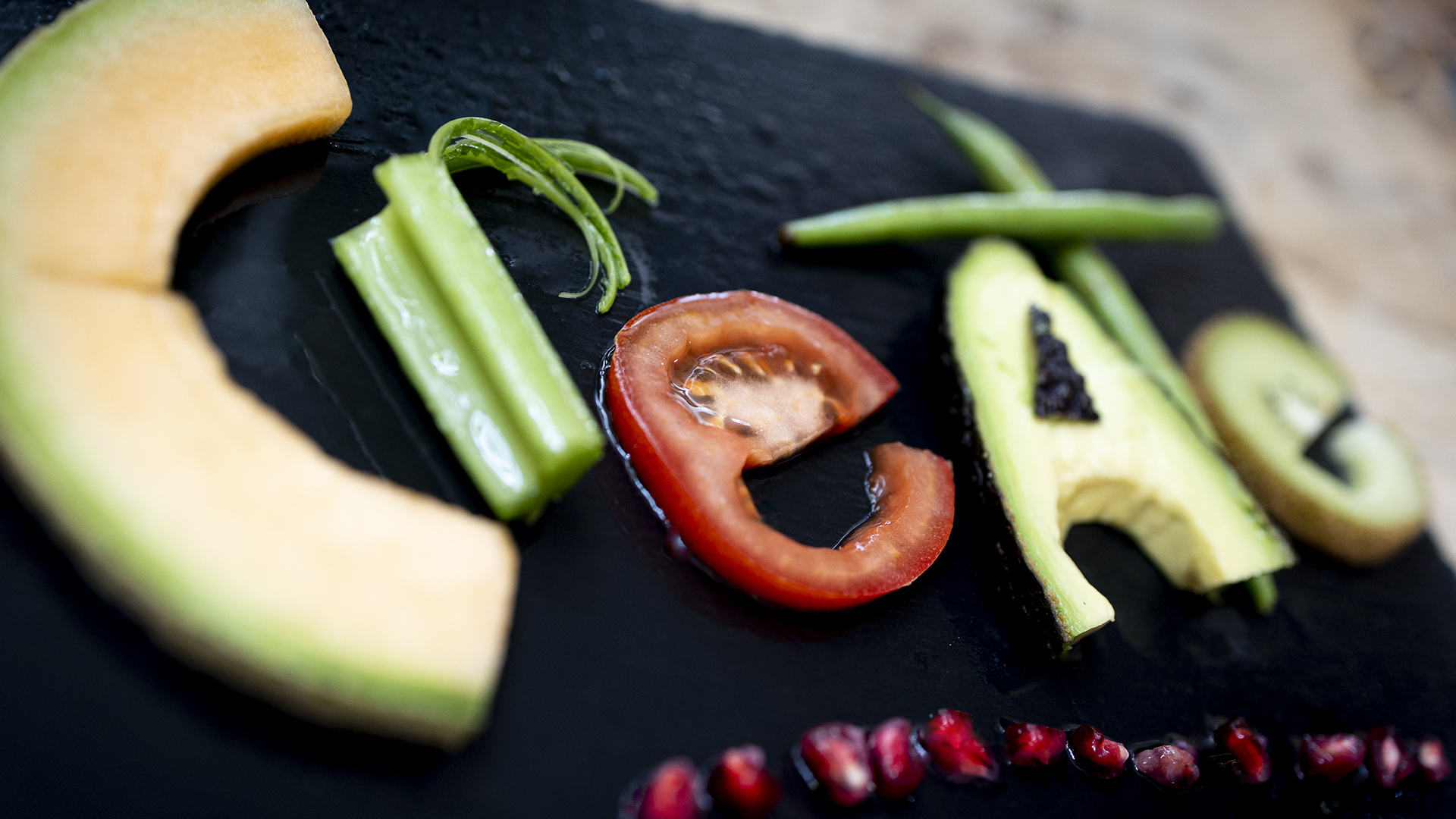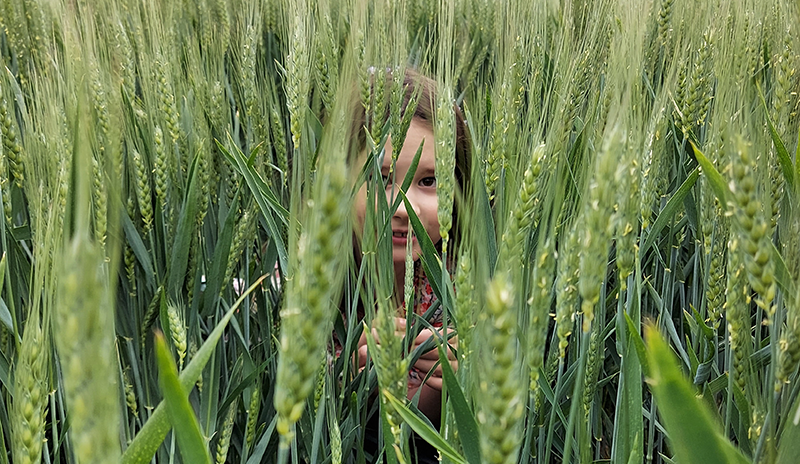Creativity isn’t just for Christmas. Why is it that even great brands, with a reputation forged on storytelling, lack creativity in their everyday marketing communications? When was the last time an email from a brand you loved made you laugh or cry? We’re living through a marketing creativity crisis. We speculate on why, and take a look at some remedies.
The marketing creativity crisis
Marketing is having a creativity crisis. You might not think so if you looked at award-winning campaigns by big consumer brands. But that’s the above-the-line work – huge budgets, big ad agencies, rockstar directors, movie theatre releases. That’s about 1% of all brands, and a small and shrinking percentage of global marketing spend.
But day by day and hour by hour, that’s not what I’m exposed to. If I look at where I mostly experience others’ marketing – my inbox, my social feeds, YouTube, Google – those spaces are filled with ‘content’ from brands I’ve never heard of and am very unlikely to engage with. Why?
Driven to distraction
One, because I didn’t ask to be disturbed or distracted. Two, because they’ve got nothing to say that touches me in any way. Nothing intriguing. Nothing insightful. Nothing humorous. Sometimes it feels like they’re aiming to out-shout the competitors that fill their world with meaning, but mean absolutely nothing to me. And finally, because a lot of it is plain creepy.
I’m talking about digital surveillance by unaccountable platforms who want to know or infer everything about me, to make better guesses about my spending choices. Talking of which, does this ring true for you: ‘Hmmm – Andy’s been looking at bananas – let’s pitch him some apples.’ If those AI-driven algorithms were as powerful as we think they might be, shouldn’t that go: ‘Hmmm – Andy’s been looking at bananas – let’s pitch him a pair of slippers.’
That would make me smile, at least.
"If those AI-driven algorithms were as powerful as we think they might be, shouldn’t that go: ‘Hmmm - Andy’s been looking at bananas - let’s pitch him a pair of slippers."
Now I think about it, even brands I love can be pretty patchy when things slip below the line. Why don’t they put as much thought into their emails as they do into their big advertising productions? Creativity isn’t just for Christmas, right?
So, yeah I think marketing is giving itself a creativity crisis and unless you have very deep pockets, it’s coming home to bite. Whereas before those algorithms on social platforms took our content further and faster, now we’re failing to cut through unless we’re prepared to splash the cash.
In a recent blog, David Hieatt observed that social media engagement was tanking for him, for most other small businesses he knew, and even for huge brands like Netflix.
“What worked 365 days ago is not working today… What I am LITERALLY saying to you right now is this:
You determine the future of your business, by your creativity.
There is no fairer business metric.
Not by how much money you have.
Not by your location.
Not by where you went to college.
But by your ideas.”
Why aren’t we consistently creative?
I think there’s a few reasons.
Marketing can get too obsessed by numbers: engagement, clicks, conversions. Numbers alone can be kryptonite to creativity and curiosity. The evidence is in my inbox – and yours – but if you want to better understand why, maybe look no further than the education system. The chase for three A* grades narrows what teachers teach and students study. There’s no incentive to spend time on stuff that doesn’t score well in the mark scheme, right?
Marketing got automation: the marginal cost of a piece of marketing communication is close to zero, if there is no investment in fresh creativity. When the numbers are poor – see above – and armed with a big bank of pre-built assets and offers, where’s the incentive to be better, when it’s so much faster to just go louder?
Other stuff – and I’m speculating a bit here. Marketing is often the sole hegemony of marketers. It’s taught as a profession, not as a craft. We’re not hiring a diverse enough set of people. All of these can have a negative impact on perspectives and ideas.
But listen, I didn’t intend this to be a rant, or to knock hard working marketers either. We too are products of a system.
We need to learn to cook again
Imagine you’ve got friends coming around for a special occasion. You could order up takeaway, or fill your fridge with supermarket dine-in deals. But you know that the moment is made by you preparing fresh food yourself. It could be a barbecue, a three course feast, or even a pizza home-made – depends on the crowd, right?
The thoughtfulness, the imagination, the originality – those are the things that ultimately people will remember. And they’ll return the compliment.
That’s a good metaphor for creativity in marketing. We need to learn to cook again, from fresh ingredients prepared with the occasion and the diner fully in mind.
Of course there’s room for automation and numbers. But think of them more as side dishes and desert.
5 habits that make creativity your go-to
If you want to bake creativity into your teams and process, we have some advice below. It’s not the be-all-end-all, but it’s what we regularly do, so it’s tried and tested.
(If you want to learn more about unlocking your personal creativity, take some tips from 5 top creatives or read this article about How creative geniuses come up with great ideas
[1]
Creativity is a practice. The more you practise, the more fluent you get.
Make time for your creative practice, put it in the calendar and protect it. No multitasking, give it your full attention.
[2]
Collect diverse opinions and viewpoints wherever you can. For instance, ask external stakeholders about their thoughts and experiences. Be curious. Ask consistent questions. Listen carefully to the answers. Stay open to possibilities. There’s inspiration in there, and many a creative moment happens when you suddenly see how the dots join up. We have a process for that.
[3]
Tell stories. Stories don’t need an earth shattering idea. It’s applied creativity – a bit like cooking. Stories have a process – a recipe – too. You’ll know this story formula:
A Character has a Problem and meets a Guide who gives them a Plan that helps them avoid Failure and ends in Success.
But even though this story has driven the plot of thousands of films and brand messaging projects already, it is infinitely adaptable and will drive thousands more. We’re hardwired to listen out for it, and that makes it powerful. Sometimes creativity isn’t manifested in the shock of the new, but it comes in following a formula.
So make yourself relevant and interesting, before you try making an offer. Customer stories. Origin stories. Purpose stories. People stories. Stories help a tone deaf audience feel a connection.
[4]
Invest in a content strategy – your storytelling playbook. One of the most important things a content strategy achieves is to link the stories you want to tell to the big questions that everyone is interested in. And if not everyone, then everyone that matters to you.
Example : you have some cool tech that makes remote workers’ lives simpler. The world is talking about how the world of work is evolving. Your content strategy creatively channels that global narrative into one that your audience finds relevant and approachable, while giving you a credible voice in the conversation.
[5]
Need a big new idea? Don’t do it sitting down. It’s easier to have perspective-shifting big ideas when you’re moving around outside. Do a ‘walkshop’. What – just wander about? Well yes, you can definitely do that. Make time to play. Or you can add structure. Here’s a good article on how to organise your own walkshop.
You can distil the ingredients for group creativity from the practices above: Curiosity. Focus. Questioning. Perspective. Ease. Openness. Trust. Playfulness.
Wrapping up
Creativity is serious, business building stuff. Not fluffy nice to have padding. Good ideas are currency. But you don’t get them through occasional blue sky thinking sessions that birth ideas that never leave the whiteboard. Creativity is a way of thinking and working that makes you stronger and keeps you relevant. You can build it into your working processes, not just hope it happens naturally.






What do you think?